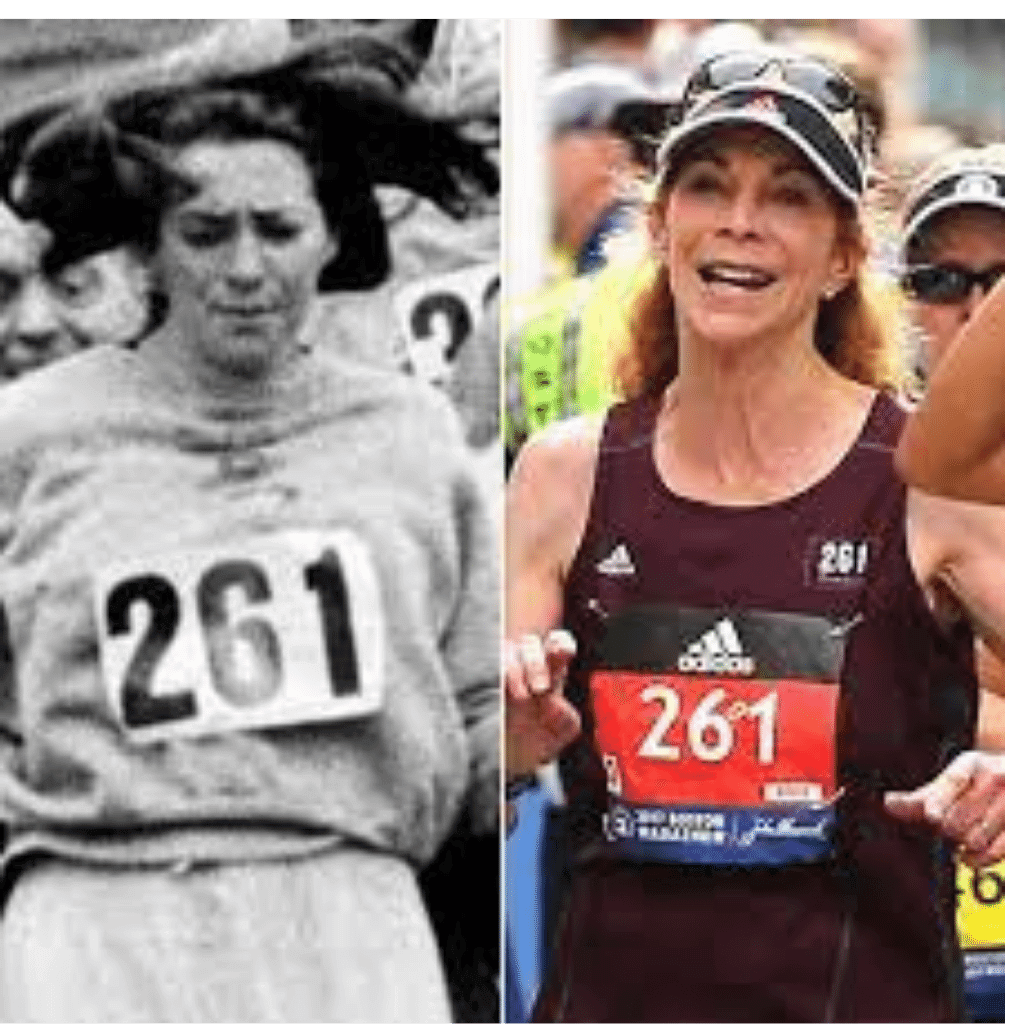
As the world celebrates the remarkable achievements of female athletes, it is essential to recognize the trailblazers who fearlessly challenged the norms and paved the way for gender equality in sports. Among these extraordinary individuals stands Kathrine Switzer, a pioneer in the running world, whose indomitable spirit and determination broke barriers, inspiring generations of female runners to follow in her footsteps.
In this article, we embark on a journey through the life of Kathrine Switzer, tracing her inspiring path as the first woman to officially run the prestigious Boston Marathon. Her courage and perseverance shattered long-standing misconceptions about women's capabilities in distance running, leaving an indelible mark on the history of sports and serving as a beacon of empowerment for women athletes around the globe.
Join us as we delve into the early life and love for running that shaped Kathrine Switzer's unwavering passion for the sport. Discover the challenges she faced when daring to enter the exclusive male domain of the Boston Marathon and the historic run that would forever alter the trajectory of women's sports.
Throughout this captivating journey, we will witness the adversity Kathrine encountered, the resilience she displayed, and the impact of her defiance on the world of athletics. Beyond her groundbreaking marathon run, we will explore Kathrine's enduring advocacy for gender equality in sports, her role in breaking down barriers for future female runners, and her lasting legacy as an inspiration to women of all ages.
Early Life and Love for Running
Kathrine Switzer was born on January 5, 1947, in Amberg, Germany, but her family moved to the United States during her childhood. Growing up in a small town in Virginia, Kathrine discovered her love for running at an early age. She was a natural athlete with a passion for distance running, which would eventually shape the course of her life.
The Boston Marathon: An Exclusive Male Event
In the 1960s, marathons were primarily seen as an exclusive male domain. The Boston Marathon, one of the world's most prestigious races, strictly prohibited female participation. However, this did not deter Kathrine Switzer from pursuing her dream of running in the iconic event.
The Historic Run of 1967
In 1967, Kathrine Switzer registered for the Boston Marathon using her initials, "K.V. Switzer," to conceal her gender. At the time, there were no rules explicitly banning women from entering, but it was widely believed that marathon running was too physically demanding for females. Kathrine's determination to challenge these stereotypes would change the course of history.
Breaking Barriers and Facing Adversity
On the day of the race, Kathrine joined the male runners, determined to complete the marathon. However, a few miles into the race, race official John Semple spotted her and attempted to forcibly remove her from the course. Despite the chaos and resistance, Kathrine bravely pressed on, refusing to be silenced or sidelined by gender prejudice.
- The Resilience to Finish: Undeterred by the confrontation, Kathrine remained focused and completed the marathon, proving that women were just as capable of the grueling 26.2-mile distance as men.
- An Iconic Photograph: A photograph capturing the moment when Semple attempted to stop Kathrine from running became emblematic of her defiance and determination. The image circulated worldwide, drawing attention to the issue of gender inequality in sports.
The Aftermath: Impact and Advocacy
Kathrine's historic run garnered immense media coverage and sparked conversations about the unfair exclusion of women from marathons and other sports events. Her unwavering spirit and courage became a catalyst for change.
- Official Recognition: In 1972, the Boston Marathon officially allowed female runners to participate, thanks in large part to Kathrine's trailblazing effort and advocacy.
- The Creation of Opportunities: Kathrine continued to advocate for female athletes and played a significant role in the inclusion of the women's marathon in the 1984 Olympic Games. Her efforts opened doors for countless women pursuing careers in professional running.
Legacy and Recognition
Kathrine Switzer's legacy extends far beyond her groundbreaking marathon run. Her journey inspired generations of female athletes and became a symbol of empowerment and resilience.
- A Living Legend: Kathrine remained an active advocate for gender equality in sports and continued to run marathons well into her later years.
- Award-Winning Author: In addition to her athletic achievements, Kathrine is a celebrated author, sharing her experiences and wisdom in books like "Marathon Woman: Running the Race to Revolutionize Women's Sports."
Conclusion
Kathrine Switzer's historic run in the 1967 Boston Marathon will forever be etched in the annals of sports history. Her courage and determination shattered gender barriers, paving the way for future generations of female runners. Her remarkable journey reminds us that passion, perseverance, and advocacy can change the world and break down deeply ingrained prejudices. Kathrine Switzer remains an inspiration to women and athletes worldwide, proving that with the power of a dream and the will to defy conventions, anything is possible.








